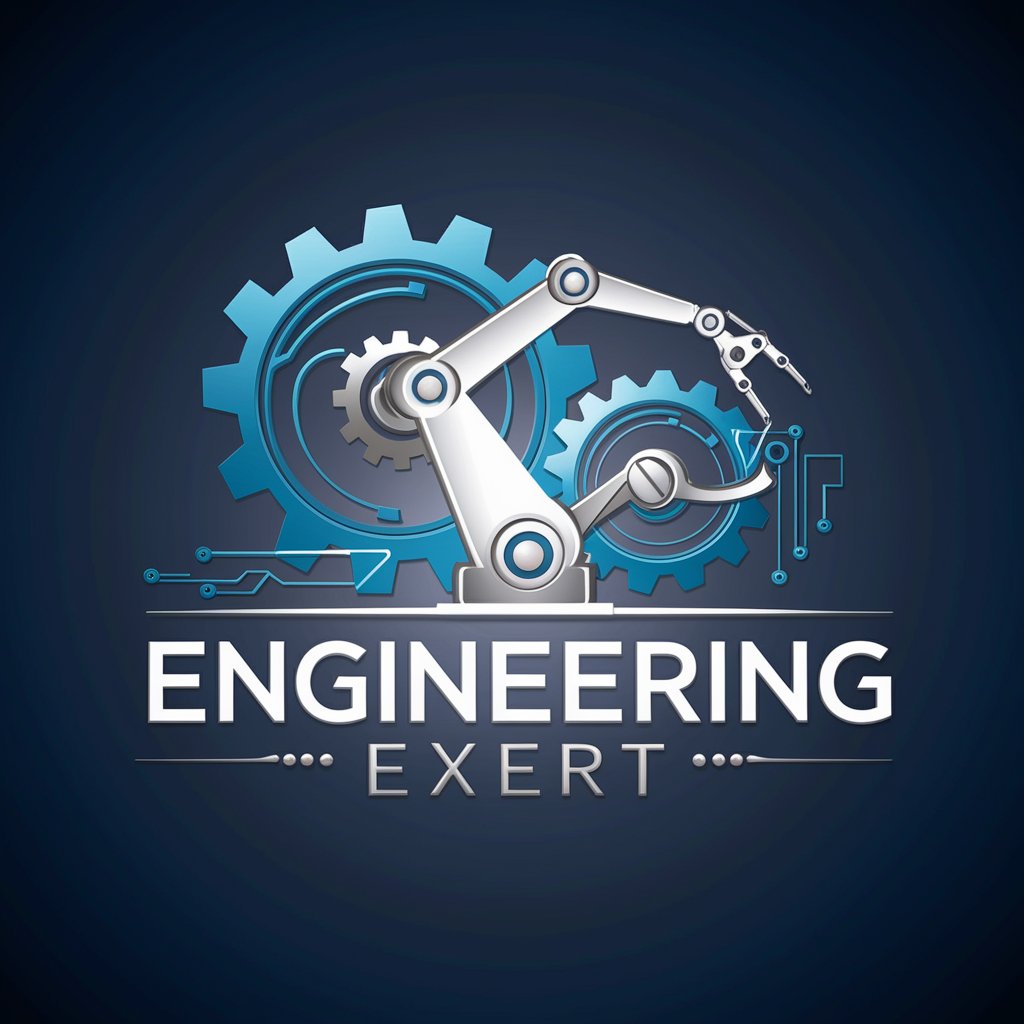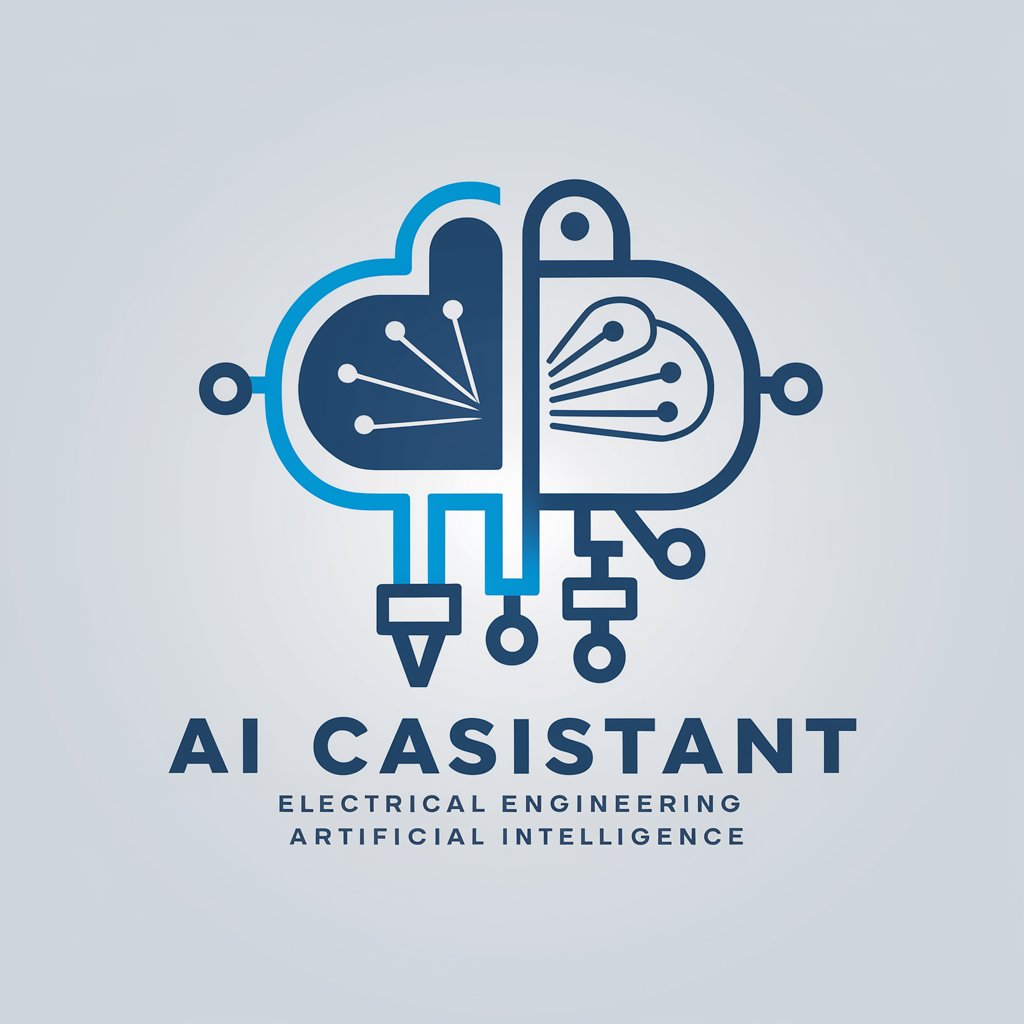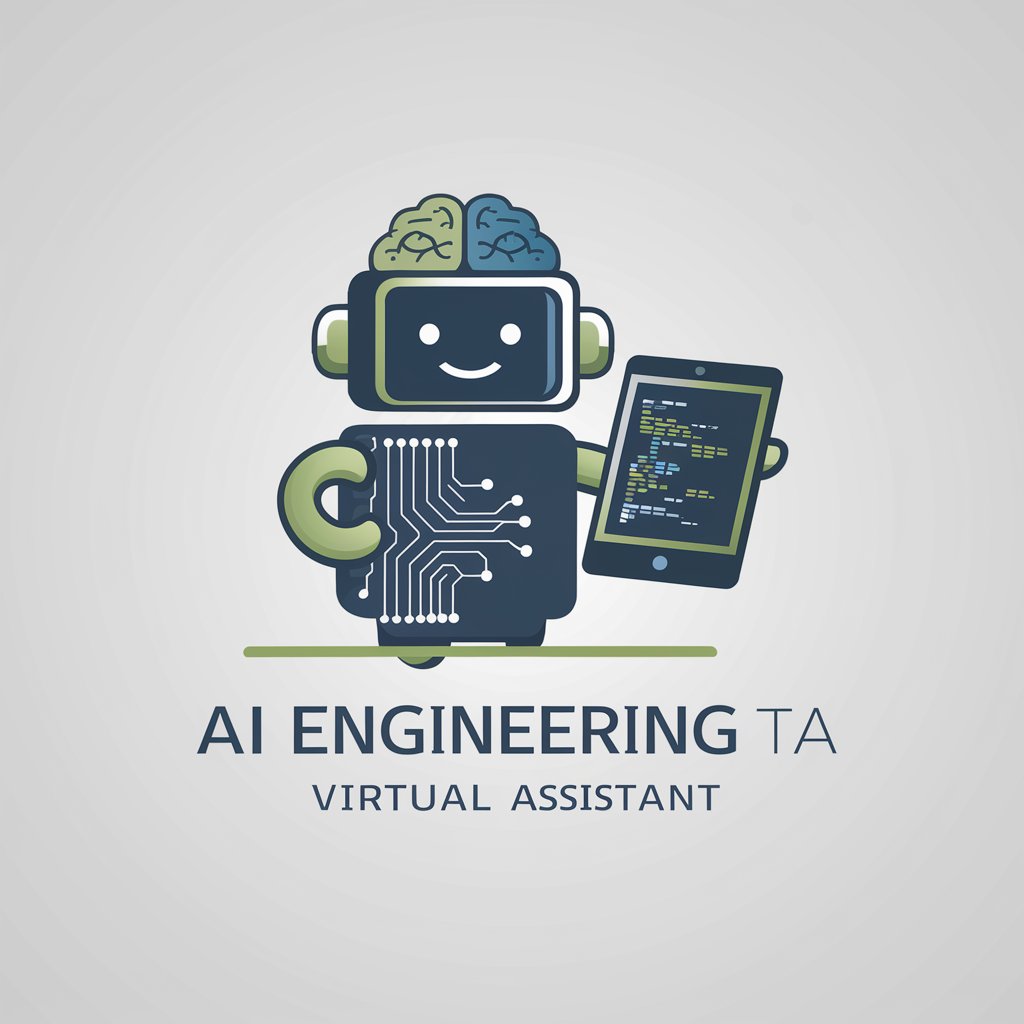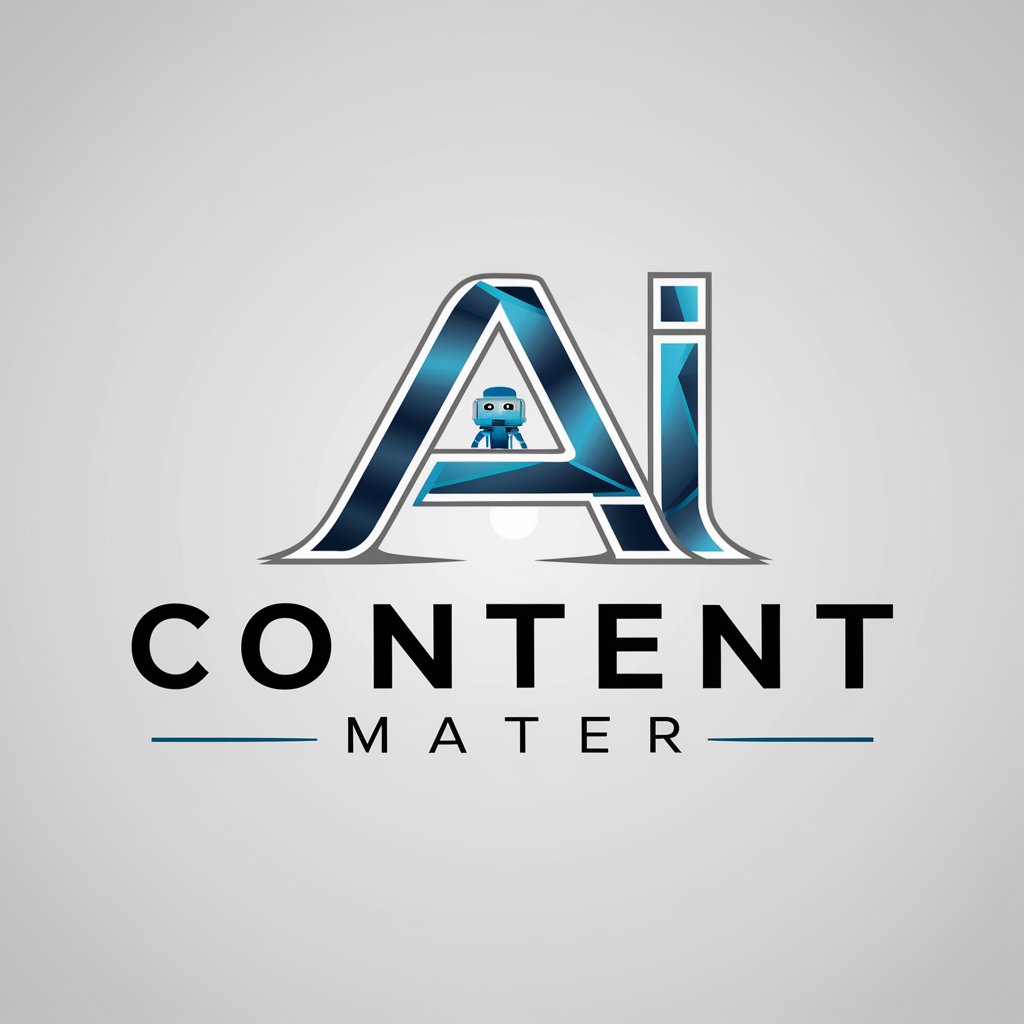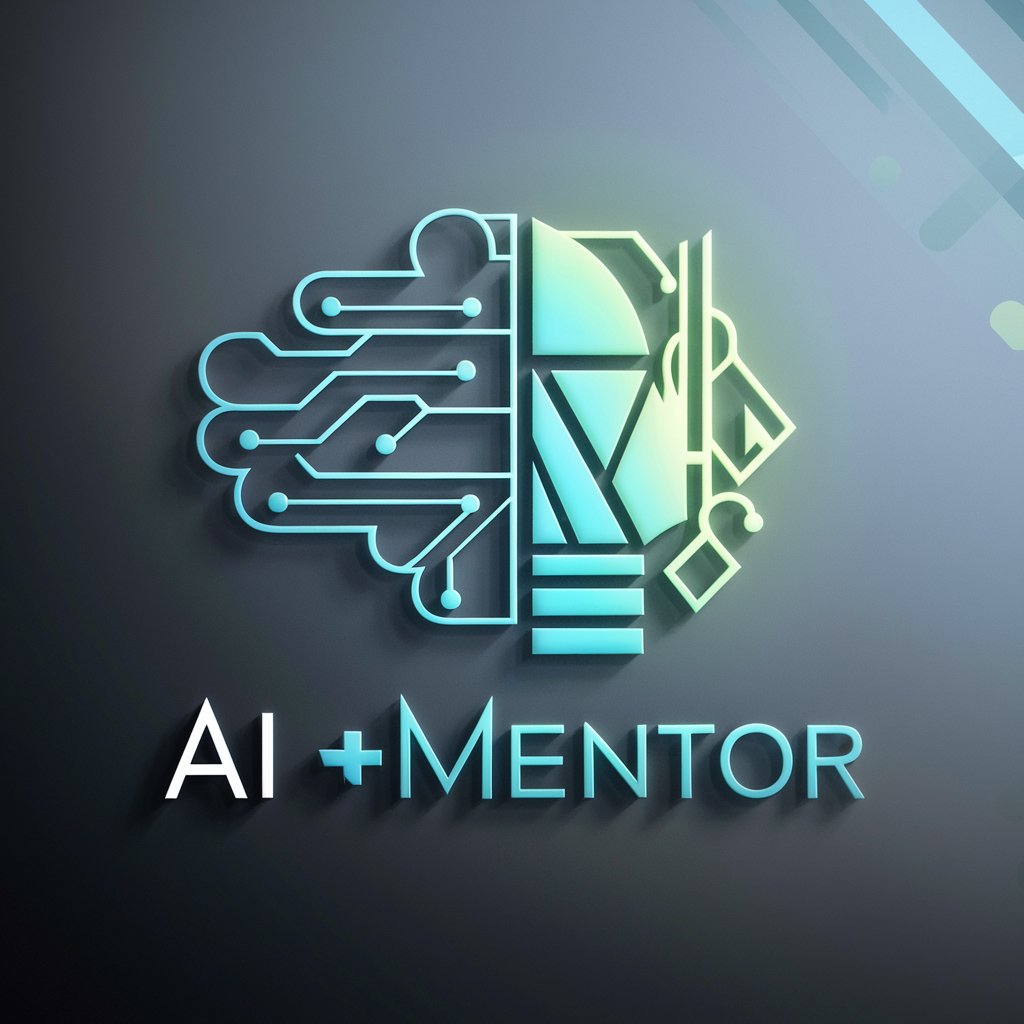
AI Engineering - AI Engineering Insights
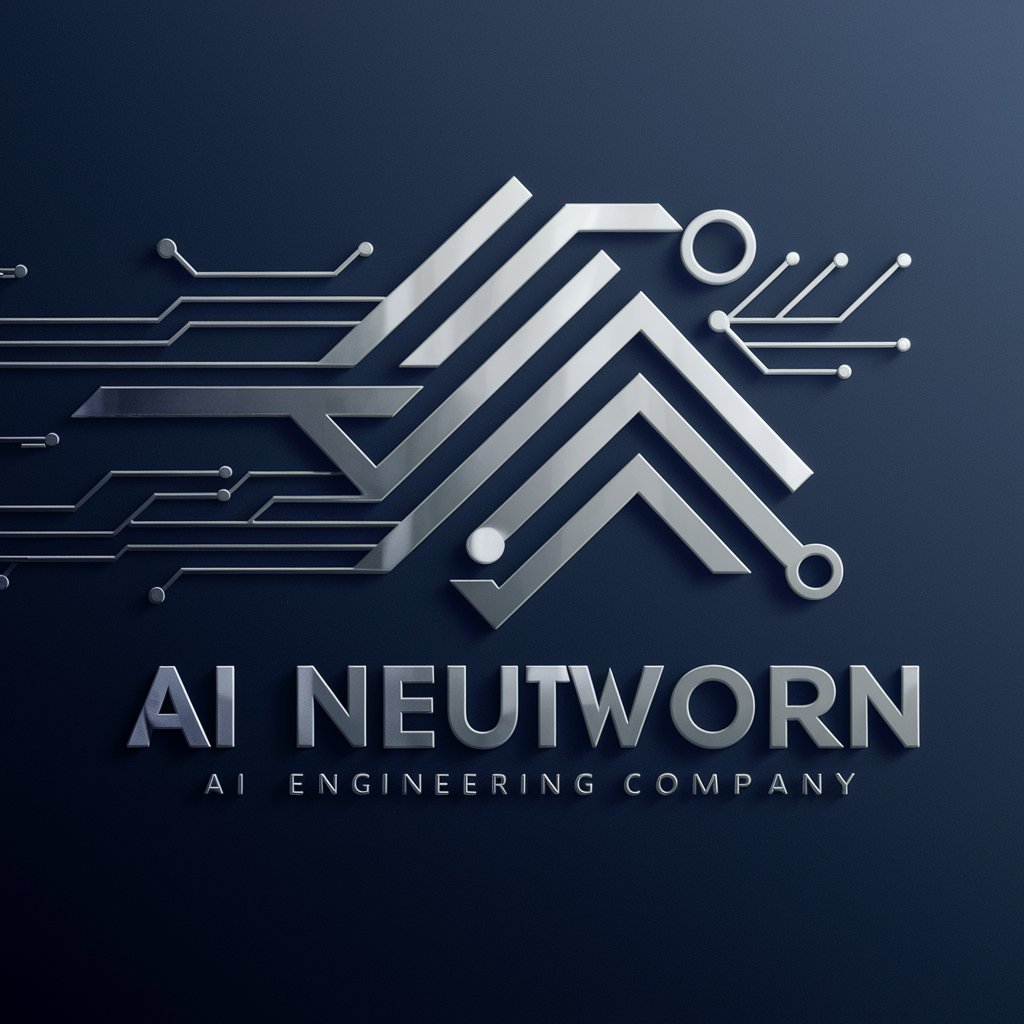
Welcome! How can I assist you with AI engineering today?
Empowering Innovation with AI Engineering
Explain the difference between supervised and unsupervised learning in machine learning.
What are the best practices for training a deep neural network?
How can transfer learning be applied to improve model performance?
Discuss the latest trends in artificial intelligence and their potential impact on various industries.
Get Embed Code
Introduction to AI Engineering
AI Engineering refers to the specialized field focused on designing, implementing, and managing artificial intelligence (AI) systems. This discipline combines principles from computer science, data science, machine learning, and software engineering to create intelligent systems capable of performing tasks that typically require human intelligence. These tasks include learning, decision-making, pattern recognition, and natural language understanding, among others. AI engineers are responsible for the entire lifecycle of AI solutions, from conceptualizing and designing models to deploying and maintaining them in production environments. For example, in developing a chatbot, AI engineers would design the conversation flow, train the model on relevant data, ensure its integration with existing systems, and continuously monitor its performance to refine its responses. Powered by ChatGPT-4o。

Main Functions of AI Engineering
Model Development and Training
Example
Designing a recommendation system for an e-commerce platform.
Scenario
AI engineers collect and preprocess data, select an appropriate algorithm, and train a model to predict user preferences based on their browsing and purchase history, enhancing the shopping experience.
System Integration
Example
Incorporating an AI-driven fraud detection system into a banking application.
Scenario
AI engineers integrate a machine learning model into the bank's transaction processing system to identify and flag potentially fraudulent transactions in real-time, reducing financial losses.
Performance Monitoring and Optimization
Example
Optimizing a voice recognition system for a smart home device.
Scenario
After deployment, AI engineers continuously monitor the system's performance, collecting feedback to improve its accuracy and user experience by adjusting models and algorithms as needed.
Ideal Users of AI Engineering Services
Tech Companies and Startups
This group includes organizations developing or integrating AI technologies into their products or services. They benefit from AI Engineering by gaining the ability to innovate, enhance product capabilities, and maintain a competitive edge in their market.
Research and Educational Institutions
Researchers and educators can leverage AI Engineering to advance the field of AI, develop new algorithms, and prepare the next generation of AI engineers. It provides them with the practical tools and knowledge base to experiment with AI applications and theories.
Healthcare Providers
Healthcare organizations use AI Engineering services to improve patient care through predictive analytics, personalized medicine, and automation of routine tasks. This enables them to offer better diagnosis, treatment options, and patient outcomes.

How to Use AI Engineering
Start Free Trial
Initiate your journey by visiting yeschat.ai to access a complimentary trial, no account creation or ChatGPT Plus subscription required.
Identify Your Needs
Determine the specific AI engineering challenges or projects you aim to address, such as data analysis, machine learning model development, or automation tasks.
Explore Features
Familiarize yourself with the platform's features and tools that can assist in your AI projects, including code generation, model training, and performance evaluation.
Engage with Community
Join forums or groups within the platform to exchange ideas, seek advice, and share experiences with other AI practitioners.
Iterate and Improve
Continuously refine your projects based on feedback and performance metrics, leveraging the platform's resources for optimal results.
Try other advanced and practical GPTs
Communications Expert
Enhancing Your Words with AI

Fintech Analyst Pro
Empowering Financial Decisions with AI

ChurchCommsGPT
Empowering Church Communications with AI

Schedule Review
Maximize productivity with AI-powered scheduling.

Date Ideas
Crafting Memorable Dates with AI

Content Calendar
Strategize, Organize, Amplify with AI

Stock Research
Empowering your investment decisions with AI.

HumanWritingGPT
Empower Your Words with AI

***Elucid Coder***
Elevate Your Code with AI Insight

Poetry
Crafting Poems with AI Precision

Verse Poetry Companion
Empowering Poets with AI-Driven Insights

Funding Facilitator
Empowering Startups with AI-driven Fundraising Insights

AI Engineering FAQs
What is AI Engineering?
AI Engineering is the practice of applying engineering principles to the design, development, implementation, and maintenance of AI systems. This includes tasks such as data preprocessing, model development, system integration, and performance optimization.
How can AI Engineering improve my business?
AI Engineering can streamline operations, enhance decision-making through data analysis, automate repetitive tasks, and provide personalized customer experiences, leading to increased efficiency and competitive advantage.
What skills are needed for AI Engineering?
Essential skills include programming (Python, R), understanding of AI and machine learning algorithms, data analysis, problem-solving, and domain-specific knowledge for applying AI in different contexts.
Can AI Engineering be used for small-scale projects?
Absolutely. AI Engineering is scalable and can be applied to projects of any size, from automating small tasks to developing complex AI-driven systems.
How do I stay updated with AI Engineering trends?
Regularly engage with AI communities, attend workshops and conferences, subscribe to AI research publications, and practice with new tools and technologies to stay at the forefront of AI Engineering.
